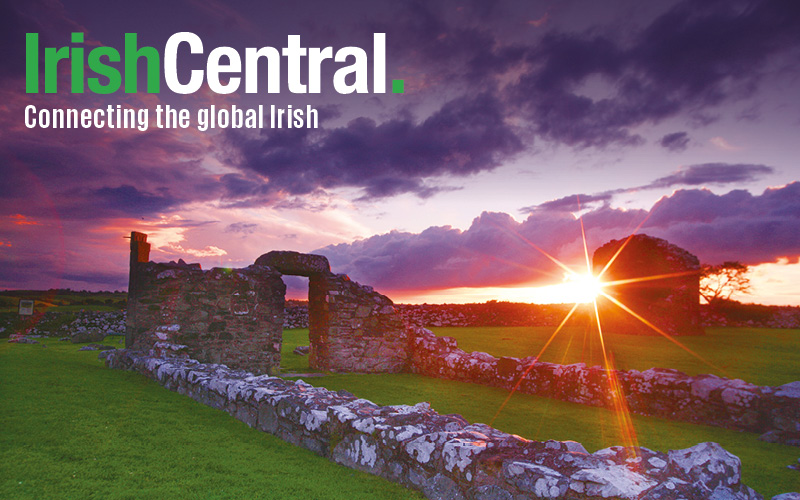An Irish pro-life movement has been forced to remove content from its website in the wake of the fall-out from the Todd Akin controversy in America.
Youth Defence, a controversial right-wing organisation, had claimed on its website that ‘the chances of a woman becoming pregnant as a result of rape are remote.’
The Irish Times reports that the information remained online until Tuesday and was only removed after Akin had apologised for his remarks in the States.
According to the paper, the Youth Defence website said women had natural defence mechanisms which reduced their chances of becoming pregnant following sexual assault.
After it was contacted by the Irish Times, the organisation said it now considered this claim to be ‘unreliable’ but refused to apologise for its assertion.
The www.prolifeinfo.ie website had claimed, “Trauma from the rape may bring into play some natural defence mechanisms that reduce the likelihood of pregnancy, such as hormonal change and spasms of the Fallopian tubes, which inhibit ovulation or fertilisation.
“The chance of conception resulting from a single act of unprotected intercourse even between consenting fertile individuals has been estimated at only 2 to 4 per cent.”
Youth Defence spokeswoman Ide Nic Mhathuna confirmed to the Irish Times that the statements were deleted this week.
She said, “We are a voluntary organisation with a number of websites that are hard to keep up to date all the time.
“We reviewed the information on that particular website earlier this week and decided that the study upon which it was based was too old, so we removed it.”
The report says that Nic Mhathuna agreed the claims had been removed only following the controversy surrounding comments from US congressman Akin but stressed that, unlike him, her group had never used the phrase ‘legitimate rape’.
Dublin Rape Crisis Centre chief executive Ellen O’Malley-Dunlop told the paper that she did not wish to be drawn into a row with Youth Defence but highlighted statistics contained in the centre’s last annual report.
She said: “We had 263 clients who said they were at risk of pregnancy following a rape and of that number 25, or 10 per cent, subsequently became pregnant.”




Comments